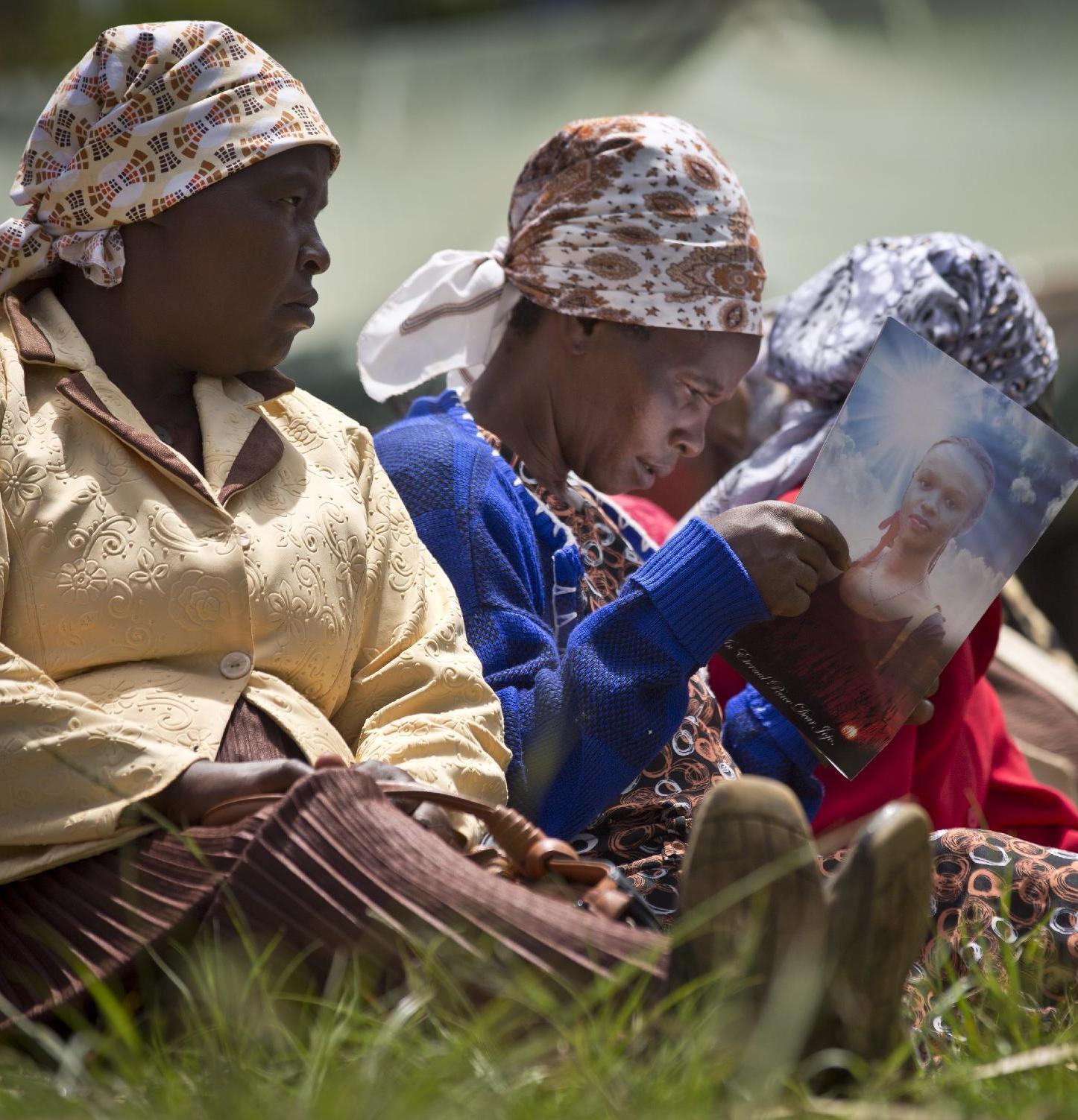After attack and backlash, Kenya faces battle to win over Muslims
Days after Islamists killed 148 people at Garissa university, Kenya’s president held out an olive branch to Muslims and urged them to join Nairobi in the struggle against militant Islam by informing on sympathizers. But as Uhuru Kenyatta launches a battle for Muslim hearts and minds, his security forces must first reckon with the deep mistrust among ethnic-Somali Muslims in the country’s northeast regions bordering Somalia. Kenyatta also faces an uphill task in reforming the violent ways of troops on the ground. A day before he spoke, a soldier in Garissa was seen by a Reuters reporter lashing at a crowd of Muslim women with a long stick.
We live in fear. The military are a threat and al Shabaab are a threat. We are in between.
Barey Bare, one of a dozen veiled Somali-Kenyan women targeted by the soldier
Without the cooperation of local people like Bare, experts say Kenya will struggle to glean vital on-the-ground intelligence to stop crude but highly lethal assaults by Somalia’s al Shabaab militants. Winning favour with Muslim communities near Somalia has been made more urgent by al Shabaab’s switch in tactics to target Kenya’s frontier regions near the porous 700km border. Al Shabaab has killed more than 400 people in two years, including 67 during an assault on Nairobi’s Westgate mall in 2013.
Kenyans can’t afford to build a wall with Somalia so intelligence from local sources is the best approach. But people in villages won’t inform if Kenyan soldiers steal or hit women.
a Western diplomat

Africa kenya